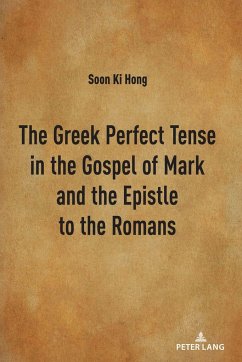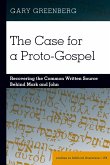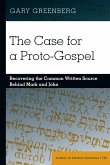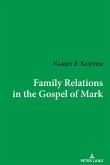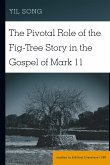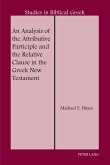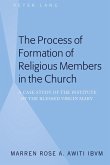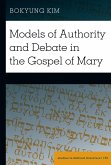The Greek Perfect Tense in the Gospel of Mark and the Epistle to the Romans is designed to resolve the confusion that has resulted from Stanley Porter's understanding of the use of Greek perfect tense. For Porter, the perfect tense functions as a third level of "frontground" which denotes the highest prominence on a discourse. Porter has argued that the perfect tense is chosen to deliver a present state, disregarding anterior activity. This book supports the validity of a traditional understanding of the Greek perfect tense, which is rooted in a dual feature. The author argues that the perfect tense is chosen to indicate a present state that results from anterior activity and functions as background for main events or themes. The author formulates three rules to discuss the function of the Greek perfect tense in Mark and Romans. Through the discussion of the perfect tense using these rules, the author finds it appropriate to interpret all the Greek perfects in Mark and Romansin light of the perfect's inherent dual feature. This book should prove useful for seminary students, pastors, or scholars who are struggling with how to interpret the Greek perfect tense in the New Testament.
"Soon Ki Hong's book on the discourse function of the NT Greek perfect tense fills an important gap. Stanley Porter's suggestion (1989) that the perfect provides a 'frontground' of prominence in relation to the aorist's background and the present's foreground was a distinct departure from the assessment of others working on aspect and discourse, and it has been critiqued but at a mostly theoretical level. What was needed was an analysis of a larger body of NT usage to assess its validity. Hong's book has now supplied that analysis in a careful and competent study of the full text of Mark and of Romans. She calls Porter's hypothesis into question and suggests guidelines for the perfect's discourse function that promise greater usefulness for the study of other NT texts."-Buist M. Fanning, Senior Professor Emeritus of New Testament Studies, Dallas Theological Seminary, Dallas, Texas

